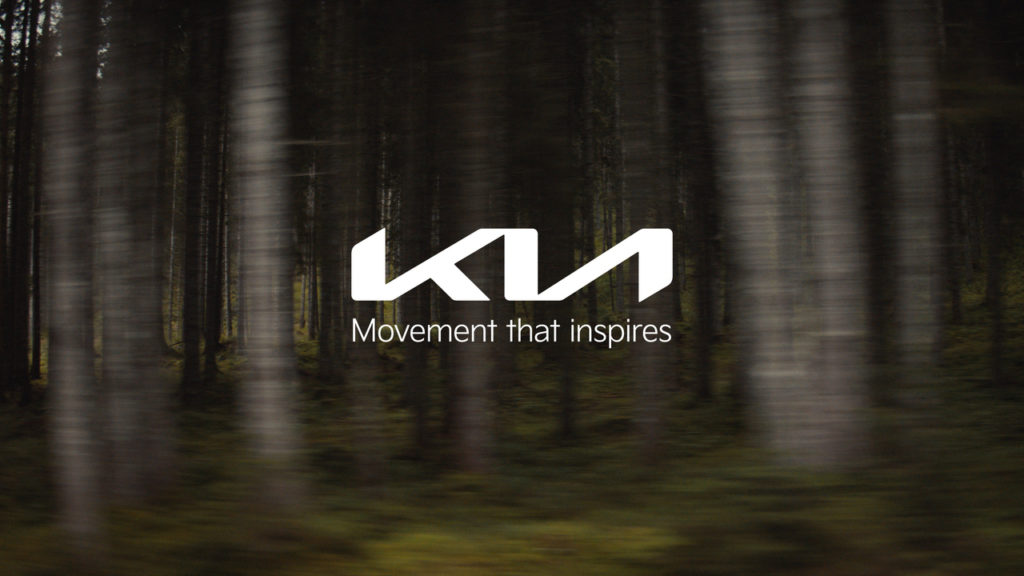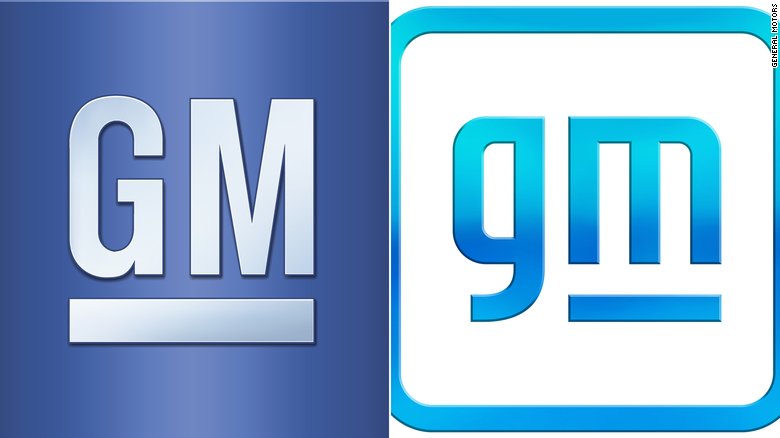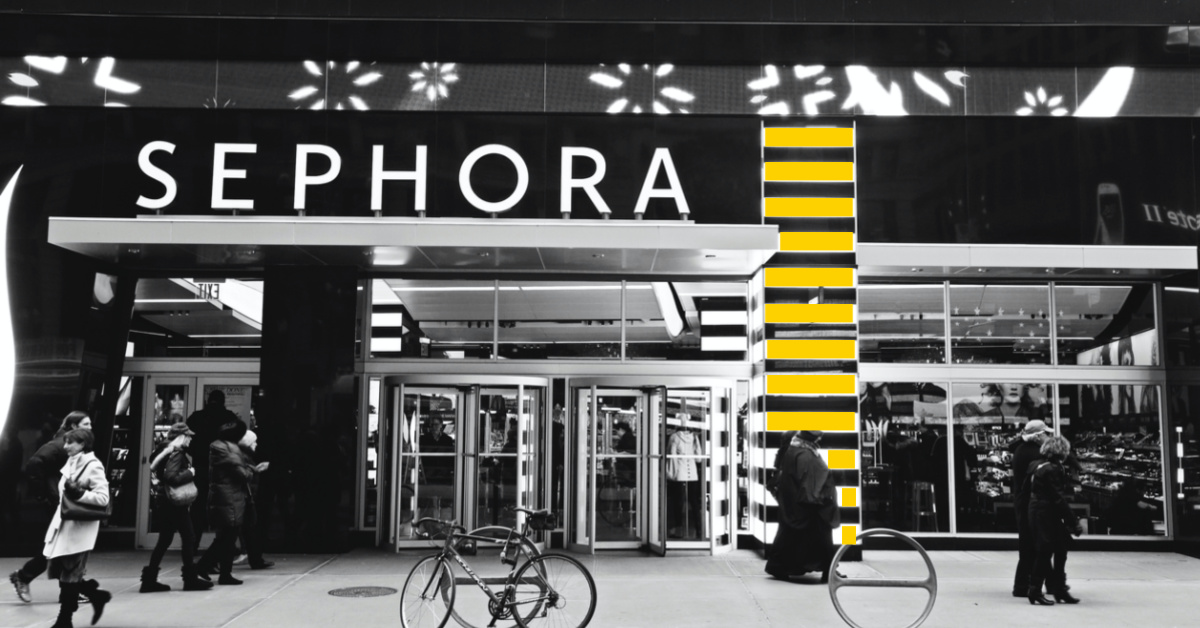Four words have been on repeat throughout our virtual office as of late – reband, redesign, rinse and repeat.
If you didn’t notice, Tallwave executed a total 360 rebrand in 2020 (what else was there to do when we were all hunkered down in our homes?!), so naturally, that’s been on the mind. And it appears some major legacy companies are changing their brand and visual messaging, as well.
Redesign is continuing to be a top priority for companies – big and small – in 2021. As the world changes and the new normal settles in, all businesses are being called to evaluate their customer journey, improve and iterate. And that’s no small feat. It takes alignment across all teams including research, design, content, development, marketing, branding and People & Culture to work towards a common goal and ultimately pull off a successful customer experience redesign. It’s a lot of work… we would know.
And lastly, rinse and repeat, or, as we often say, never set and forget. Now, these words don’t necessarily pertain to the stories we’re sharing today, but they’re crucial for any companies carrying out rebrands and redesigns to plaster on their walls. Why? Because even though both business milestones – rebrands and redesigns – require extremely heavy lifts, the job isn’t done once the final products and plans are announced and unveiled. Communities, customers, and cultural climates are changing faster than ever before, and with evolution comes new technologies, expectations and demands for businesses to do and be more.
So, cheers to the companies putting in the good work to serve their customers – employees and consumers – first. Celebrations are certainly in order. But once the dust settles, it’s time to go back to the beginning and measure, evaluate and continue to build.
With that said, here are the biggest business, tech and data developments that occurred this past week and will most certainly impact how we design and deliver the customer experiences of tomorrow.
Sephora: Your Scheduled Appointment For a Customer Experience Makeover Is Confirmed
Big kudos are in store for Sephora! On the heels of releasing “The Racial Bias in Retail Study,” the major beauty retailer announced plans to address and resolve racism, discrimination and other unfair treatment throughout their customer experience.
"Racial bias and unfair treatment exists at all phases of the shopping journey, even before a shopper walks into a store."
“It operates on multiple levels across the consumer journey,” Cassi Pittman Claytor, one of two academic partners who collaborated with Sephora to conduct the study, says in the report. “From the very start when people even think about things that they want to buy, to actually making a purchase, using a good — every step along the consumer journey, retail bias, racism is evident.”
The statistics in the report are pretty bleak, but if viewed through a different lens, they also uncover major opportunities for all retailers to make change. According to the study:
- Three in five retail shoppers have experience discriminatory treatment
- Two in five shoppers have personally experienced unfair treatment on the basis of their race or skin color
- Three in five employees have witnessed bias at their place of work
- Three in four retail shoppers feel that marketing fails to showcase a diverse range of skin tones, body types and hair textures
- Four in five retail shoppers don’t believe there is a representation in brands or companies that are made by and made for people of color
To put actions behind their survey and words, Sephora revealed their D&I action plans to cultivate a sense of belonging for all consumers, regardless of race, skin color or shape, and they hope other retailers will do the same. The plans include new production guidelines designed to increase diversity in all marketing materials; improved in-store processes and mandates for greeting customers and gathering monthly D&I feedback; and more inclusive talent and employee recruiting, mentoring and training programs related to unconscious bias. Progress made across all sectors of their customer journey will be shared publicly on a bi-annual basis on a dedicated section of the company’s website.
It’s this full-picture approach that’s going to make the biggest impact.
“As companies take an introspective look at how well they’re serving the full diversity of their customer bases,” says Jessica Pumo, Tallwave’s Vice President of Marketing, “the most effective strategies for addressing racial bias will be those that consider the customer experience holistically across the entire customer journey and how well that experience meets the needs of all customer personas at every touch point.”
While strong representation in marketing, in-store staffing, and product assortment are key for creating an inclusive customer experience, Jessica says the employee experience is also paramount.
“Employees are the key drivers of customer experience. Sephora’s efforts to not just train employees on diversity, inclusion, and unconscious bias, but to create an employee experience that delivers on the emotional outcomes they want to create for their customers should help them set the stage for authentic, lasting change.”
Also read: How to Craft Employees Experiences That Improve Customer Experiences
Even the Motor Vehicle Division (MVD) Is Evaluating Their Customer Experience
Get ready to put “new vehicle registration tags” on your next grocery store list. The MVD is expanding its efforts to improve their current services because, well, frankly – and I think everyone would agree – the experience stinks.
“DMV’s have so much opportunity to improve customer experience,” says Tallwave’s Senior Digital Intel Strategist Brooke Weidenbaker. “You would be hard pressed to find someone who enjoys going to the DMV.”
Luckily, individual states are aware of their CX problem and looking for ways to improve. Just this past week, New Mexico started testing self-service vehicle registration kiosks at the popular chain grocery store Albertsons. To speed up the registration renewal process and print new tags right on the spot, shoppers can visit voice-enabled kiosks before or after picking up their weekly supply of eggs and milk.
"The kiosks will be able to collect data that otherwise might not be available at the in-person locations."
“We’re excited about being able to offer a convenient way for MVD customers to take care of business with us. Whether it’s online, over the phone, in person or now through these new self-service kiosks, we are committed to finding the best ways to serve everyone,” Taxation and Revenue Secretary Stephanie Schardin Clarke said in a recent news release.
These new self-service registration kiosks New Mexico is trying out are an excellent start.
“Not only in providing consumers another option but also from a data perspective,” Brooke further explains. “The kiosks will be able to collect data that otherwise might not be available at the in-person locations. This is a great step in the right direction that will hopefully kickstart more improvements to the MVD experience across the country.”
Well, if nothing else, I know one thing: I’m buying an electric car next so at the very least, I don’t have to deal with emissions and the MVD. Which, speaking of emissions, brings us to our next story…
Also read: What Is CX & Why Does It Matter?
Kia and General Motors Unveil Rebrands For a Cleaner Future
New year, new me isn’t just for individuals – it’s for entire organizations, as well. Kia and General Motors both announced huge rebrands this past week, introducing updated visual logos and identities.

“We designed the [new] logo around two basic principles. The first is symmetry that symbolizes a sort of stability and confidence that we have towards the future,” explained Karim Habib, Head of Kia’s Global Design. “The second principle is the rising gesture that you see on the K and on the A, meant to symbolize a rise in what we want to achieve with the brand and what we provide in terms of the brand experience to our customers in the future.”
General Motors also unveiled its modern-twist on their original logo that hasn’t substantially changed since 1964 – the change is meant to visually communicate its shift towards focusing on zero-emission vehicles.

As seen in the image above, the custom-designed font is now all lowercase with the ‘M’ featuring arches that symbolize the prongs of an electric plug. The more vibrant color is meant to represent their hope for bluer, cleaner skies.
“A logo is the customer’s front door to the brand,” says our Art Director Sean Tucker. “It is usually the most visible component and it represents the brand at the highest level. A great or compelling logo can make an impactful first impression – a chance to put a stake in the ground and say ‘this is what we stand for.’”
But Kia and General Motors did more than just rebrand their visual logos. They also evolved their overall messaging.
“The new Kia is undergoing a full transformation to deliver meaningful experiences, products, technologies, and design that are all focused on you – our customers,” explained Karim Habib. “From now on, every time you encounter a new element of the Kia brand, we want you to be inspired.”
That’s quite fitting given Kia’s other major brand messaging changes, swapping the “Power to Surprise” tagline for “Movement that Inspires” and dropping “Motors” from its corporate name to reflect a future in which they offer sustainable mobility solutions for everyone around the world.
Meanwhile, General Motors is also fighting for a zero-emissions future. “There are moments in history when everything changes,” GM’s Global Chief Marketing Officer Deborah Wahl said. “We believe such a point is upon us for the mass adoption of electric vehicles. Unlike ever before, we have the solutions, capability, technology and scale to put everyone in an EV. Our new brand identity and campaign are designed to reflect this.”
"Sure, we need to teach customers about our product and hopefully convince them to buy it, but the real magic happens when we make them feel something."
When carrying out a rebrand, companies must first start at the core – the heart – of the company and identify what they believe and value most.
“A brand is so much more than just its logo,” adds our Art Director Sean Tucker. “It is critical that the brand is built with thoughtful messaging and communications. Sure, we need to teach customers about our product and hopefully convince them to buy it, but the real magic happens when we make them feel something. The most successful brands have built lifestyles around their products that their customers truly believe in. Nike isn’t Nike because of their (kind of awkward) logo. Nike is a dedication to being faster, stronger, and better. Millions of people put a little Apple sticker on their car when they got their first iPhone, but that’s not because it’s a really great illustration of a fruit. It’s a badge of honor, it says ‘I believe in this.’”
While consumers have varying opinions on the new visual logos, most agree that Kia and GM’s commitments to creating a healthier, more sustainable world is what matters most.



